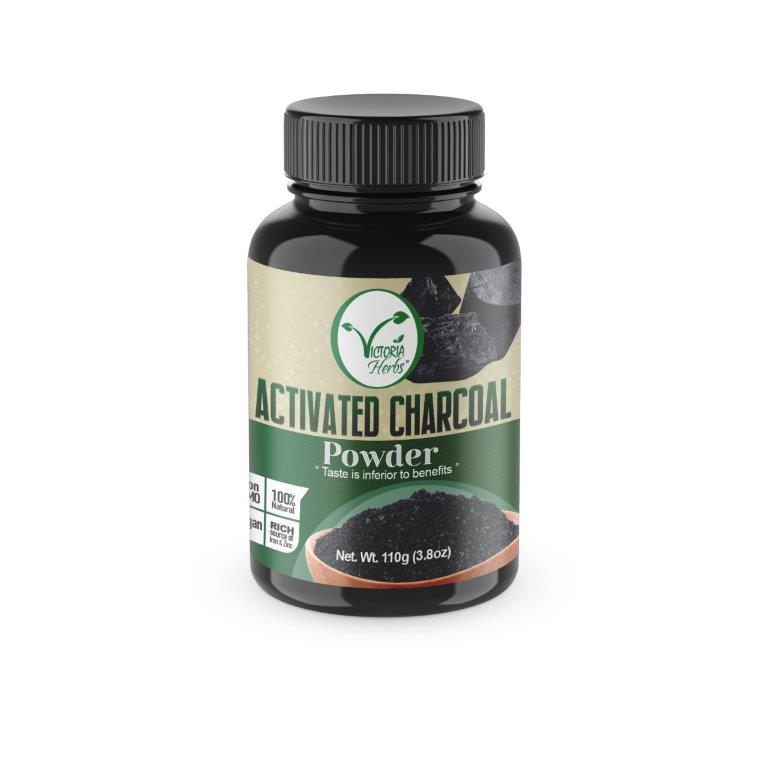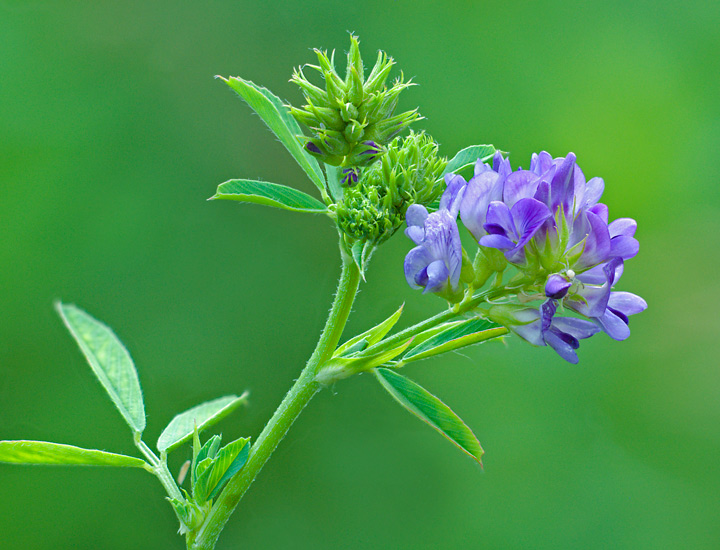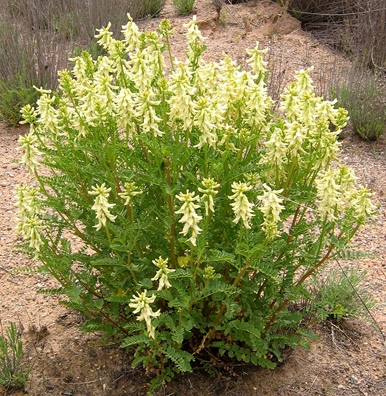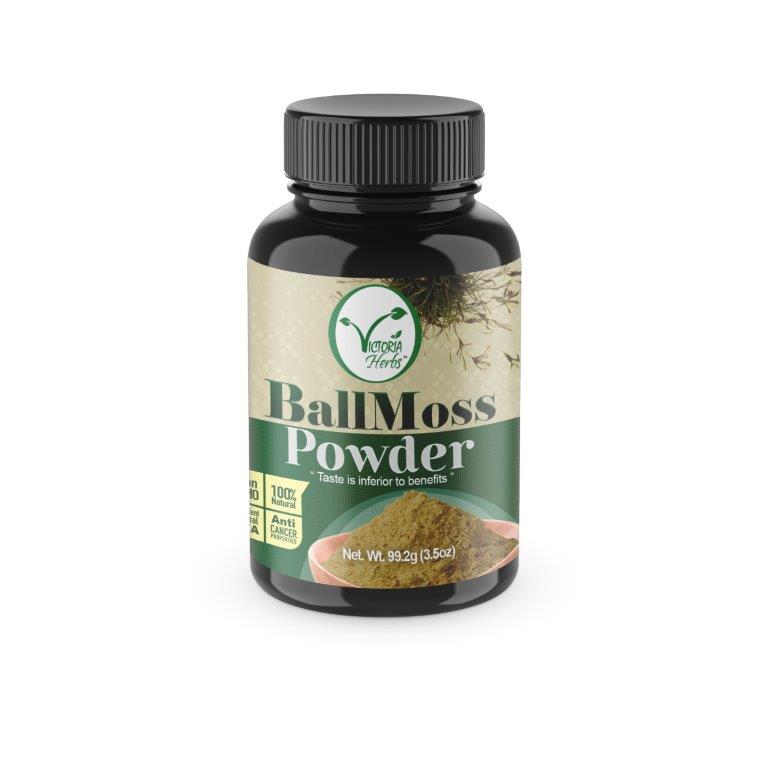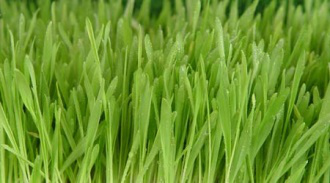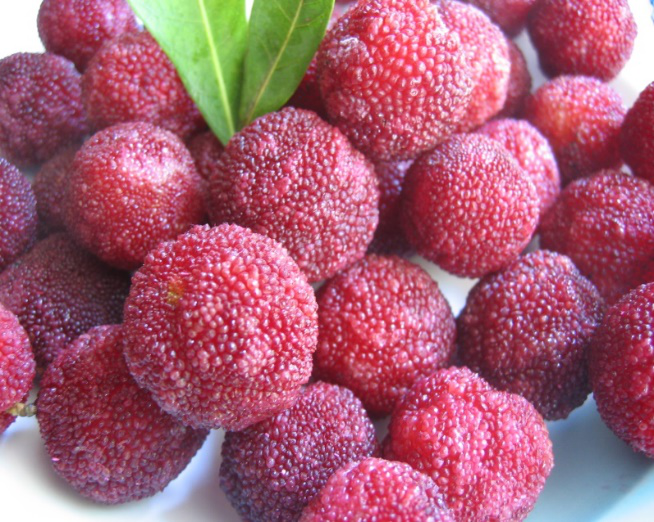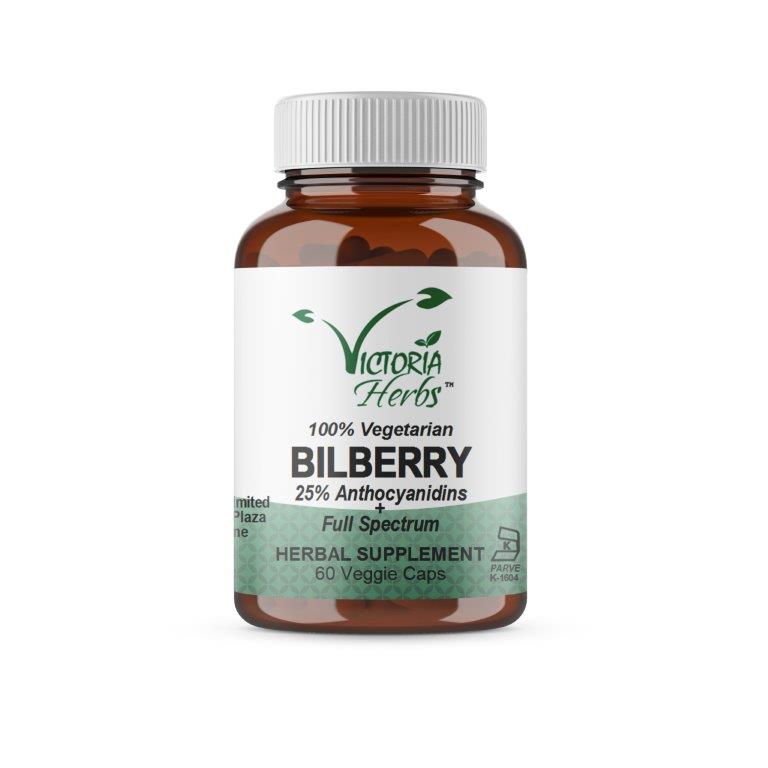Black Cohosh Root Powder
-
$4.20
- Availability: In Stock
Botanical: Actaea racemosa (formerly and also known as Cimicifuga racemosa) Other common names: Black Bugbane, Bugbane, Black Snakeroot, Rheumatism Weed, Rattle Root, Cohosh, Bugwort, Richweed, Rattleweed Country of Origin: United States. Black Cohosh is famous for its beneficial effects on women's health. The herb is said to provide relief...
Botanical: Actaea racemosa (formerly and also known as Cimicifuga racemosa)
Other common names: Black Bugbane, Bugbane, Black Snakeroot, Rheumatism Weed, Rattle Root, Cohosh, Bugwort, Richweed, Rattleweed
Country of Origin: United States.
Black Cohosh is famous for its beneficial effects on women's health. The herb is said to provide relief from menstrual problems (including PMS) and is considered indispensable as a natural way to ease menopausal discomforts. Black Cohosh is thought to be a wonderful, natural sedative that has been used to relax the entire body, relieve aches and pains and alleviate anxiety and temporary depression.
Beneficial Uses:
Black Cohosh has been used as a traditional and long-time treatment for women's health issues, mostly by balancing hormone levels. It is used to relieve stress-related problems associated with premenstrual syndrome (PMS), including headaches and depressed mood. The herb has also been used as a remedy for dysmenorrhea that will induce menstruation, relieve menstrual cramps and regulate its flow. When used at the end of pregnancy, Black Cohosh is said to be a uterine stimulant that will promote labor and facilitate delivery.
Long regarded as a tried-and-true remedy for "women's complaints," Black Cohosh is still considered a wonderful support for menopause-related problems. The herb is said to offset the decline of estrogen with herbal phytoestrogens that mimic the hormone's effects and lessen hot flashes, blurred vision, vaginal dryness, headaches, dizziness and other hormone-related symptoms. It has been known to be a good substitute for estrogen replacement therapy (ERT), as it appears to maintain the therapeutic response to ERT when ERT is gradually withdrawn. An additional benefit is its apparent lack of bad side effects that frequently accompany synthetic hormones, i.e., breast malignancy, etc.
Black Cohosh is believed to balance the hormone levels in both men and women, and one of its constituents, ferulic acid, works to increase the viability of sperm cells by protecting their cell walls from oxidation caused by environmental toxins; consequently, use of the herb may help to promote fertility.
One of the primary uses of Black Cohosh has been as a relaxant and mild sedative. It is considered a "nervine," a tonic that helps to calm the entire central nervous system. As such, it has been thought to be effective in treating anxiety, nervous tension and hysteria.
Black Cohosh is said to nourish the respiratory system. It is believed to help relax bronchial tubes, soothe sore throats and quell the urge to cough. It also works to break up mucus and phlegm deposits, and herbalists have used it to treat persistent coughs in cases of asthma, bronchitis and whooping cough.
Used as an anti-inflammatory, Black Cohosh is said to be beneficial for easing the pain associated with neuralgia and for relieving the inflammation, swelling and the soreness that is typical of rheumatism - perhaps supporting one of the herb's traditional common names, Rheumatism Weed.
Black Cohosh has been thought to slightly lower the heart rate, while increasing the force of the pulse, and it may have mild cardiac tonic effects, especially on fatty hearts.
As an antispasmodic, Black Cohosh is said to be helpful in relieving muscle spasms, cramps and St. Vitus Dance.
Black Cohosh may help to stimulate the secretions of the liver, kidneys, spleen and lymphatic system.
Contraindications:
Black Cohosh is not recommended for nursing mothers, and it should not be used during pregnancy, as it may provoke miscarriage. When labor is imminent, it may be used, but only under the supervision of a physician.
This product should not be used for prolonged periods of time (longer than six months) nor excessively (many times the recommended dosage), as it may irritate the nervous system, cause nausea and symptoms of poisoning. Very large doses of this herb may cause abdominal pain, headaches and/or dizziness. Those with known heart conditions should avoid this product, as large doses may cause low blood pressure. Speak to a physician before combining it with any other medications, as it may interfere with the efficacy of birth control pills and blood pressure medication.
It should not be combined with tranquilizers, as Black Cohosh has a sedative effect. There are some reports that indicate Black Cohosh may be associated with liver disorders. Discontinue use and consult a healthcare practitioner if you have a liver disorder or develop symptoms of liver trouble, such as abdominal pain, dark urine or jaundice.
This extract was taken from http://www.herbalextractsplus.com. Visit the site for further reading.



